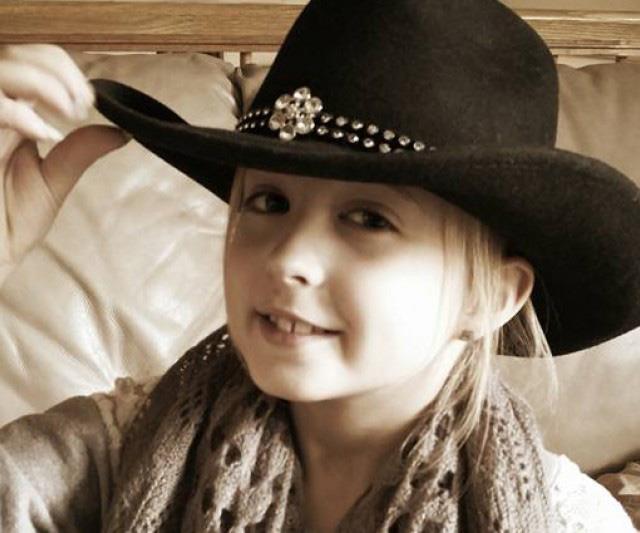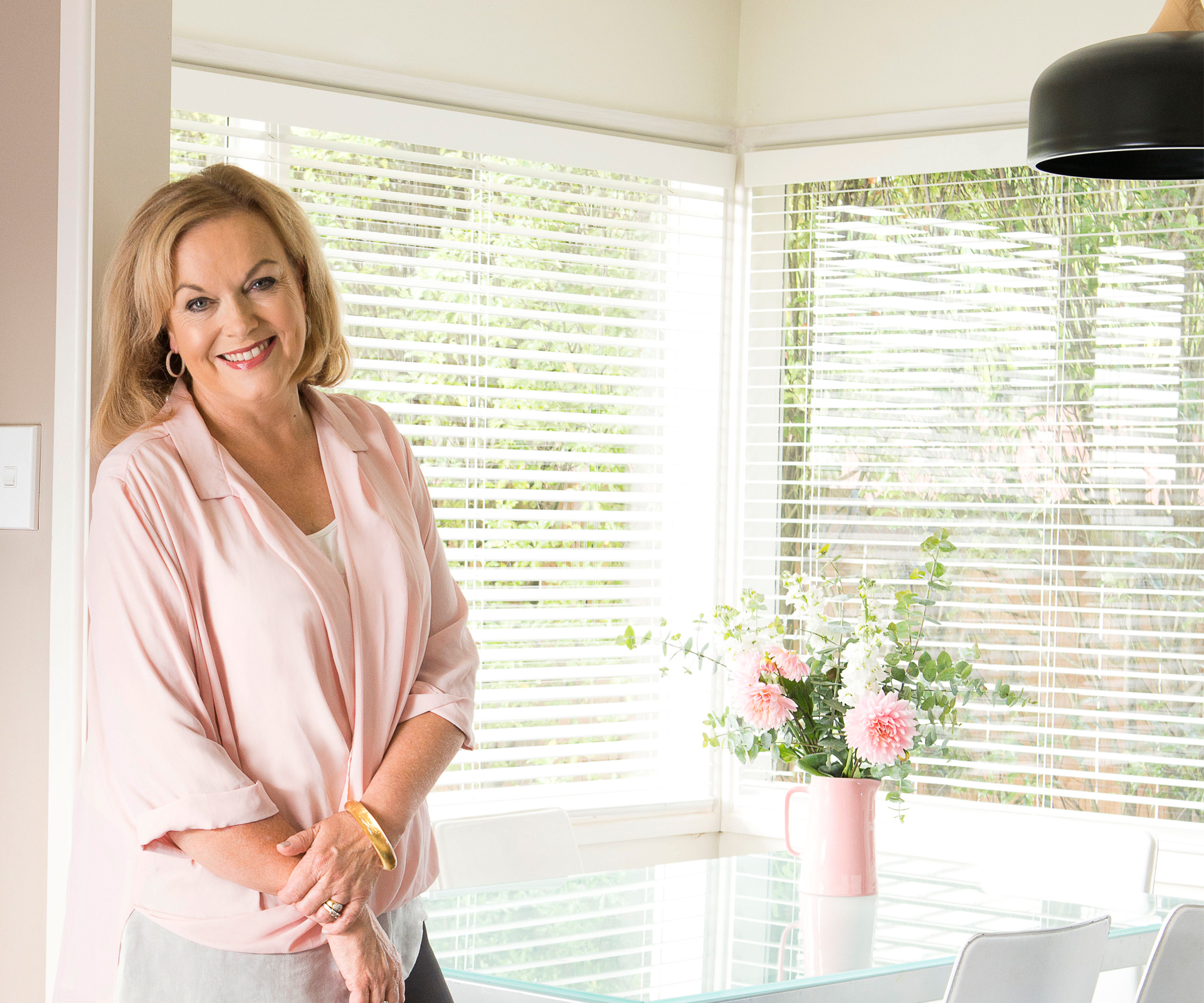Labour MP Jacinda Ardern and her mother Laurell
This mother’s day was a special one for Labour MP Jacinda Ardern and her mother Laurell. The two women joined forces to take action on an issue they are both passionate about – breast cancer prevention.
They are speaking to The Australian Women’s Weekly in support of free screening being extended to the age of 74. Currently, mammograms are provided at no cost to women aged 45 to 69, but The New Zealand Breast Cancer Foundation says this is out of step with the latest research, which shows the risk of cancer does not decrease after the age of 69.
This May, Jacinda, 35, hosted a Pink Ribbon Breakfast in parliament where The NZ Breast Cancer Foundation presented her with a 10,000-strong petition to raise the age to 74, which she tabled in parliament that afternoon.
“We have to keep listening to what the evidence tells us about early prevention,” says the MP. “Anyone who is a daughter, granddaughter or niece knows that people don’t become less meaningful to us because of their age and, crudely, that is what the health system is telling us.”
The mother-daughter duo has seen firsthand the positive results of early detection. Two years ago Laurell noticed a stain in her bra, and quickly booked a mammogram. She was diagnosed with breast cancer. While they both recall the anxious wait the family endured for the prognosis, the outcome was a good one.
“I was very fortunate they got it very early,” says Laurell, now 60. “As far as cancer goes, I got the best one. The nurse said it was like having a classroom full of children and they hadn’t found the door to unlock it – the cancer hadn’t got out.”
Laurell had the cluster of lumps removed, followed by radiotherapy, and was cleared after her treatment. She and Jacinda now want barriers to screening removed so more women are able to pick up the disease as quickly as she did.
“I had an aunty who was just about to turn 70,” says Laurell. “She went along because she knew it would no longer be free after 69. They picked up breast cancer, and she had to have a mastectomy. And I thought, wow, because I really did think as you got older it was less of a risk.”
Both mother and daughter are grateful for Laurell’s outcome; they have known others who have not been so lucky. Laurell had a cousin who died as a result of breast cancer in her early 30s and has also supported her best friend through treatment for much more advanced breast cancer than her own. The friend had 22 lumps in her lymph glands and had to have chemotherapy.
Jacinda has also watched several friends go through the disease, one being mother-of-one Helena McAlpine, who died six months ago.
On top of that, Laurell and her two daughters have been warned they have to be especially vigilant about screening. “Our family history is particularly bad,” says Jacinda. “After Mum was diagnosed the hospital called us in because they had done a genetic review of our family and were concerned we had BRCA [the cancer-susceptible gene] in our family line.
“We don’t, but they said, ‘There is probably something else we haven’t discovered yet.’ So research in this area is a critical part of early diagnosis and early treatment to get ahead of this ugly blight on New Zealand.
“I took a lot of heart from the geneticist contacting us – [it showed] that the system is desperately trying to be preventative. That’s what screening is all about – it is about being aware and informed, and as much as you want to pretend that [cancer] is not going to happen to you, it is not realistic.”
Jacinda says whatever the outcome of the petition, she will not let her mother stop screening at 69.
“Why would you risk it? When you have had it and got rid of it, it doesn’t mean you are safe. My dad’s cousin just got it for a second time, on the other side. Ultimately we really just need to try and focus on early detection as much as we can, because even from a policy perspective that’s always going to be cheaper – not only does it save lives and save families, it is more cost effective.”
Laurell, who has three sisters, has made them all go for scans since her diagnosis.
“My ordeal wasn’t anything like some other women are going through – to have your hair fall out and having chemo making you feel unwell and not being able to go to work. So if you can get it earlier like I did it saves them a lot of suffering.”

Louise Upston with her stepmother Kirsty McGill
National MP Louise Upston and her stepmother Kirsty McGill
Louise Upston’s bond with her stepmother Kirsty McGill was born out of a shared love of reading and learning. Over time it has developed into a drive to make sure all New Zealanders have the opportunity to do both.
National MP Louise, whose mother died when she was 19, is working to increase literacy in New Zealand at a policy level, while Kirsty is working towards the same goal in the community.
Kirsty, 64, has trained as a kindergarten teacher and in adult literacy, and became involved in the not-for-profit organisation SPELD (Supporting People who Learn Differently) 13 years ago. SPELD is made up of trained teachers who screen, assess and provide tuition to children with dyslexia and specific learning difficulties. Kirsty is now their liaison officer for the Bay of Islands area.
“I have always had an interest in learning difficulties and all the faces of dyslexia, whether it be ADD, dyscalculia (maths) or dyspraxia, because there is obviously a huge problem out there,” she says.
She began her SPELD training after working at a friend’s preschool, where she saw these challenges presenting early in life.
“Some children had foetal alcohol syndrome and you can tell early on. They don’t have any interest in writing, they have trouble with pencil grips and they have problems focusing and concentrating.”
She says identifying these issues early and providing one-on-one tuition helps children get the most out of their future education.
“It is all about getting them to focus, developing phonemic awareness and, if they are assessed as having dyslexic tendencies, teaching them coping strategies and giving them confidence.” She has seen children without support fall through the cracks, becoming class clowns or drifting into the background.
“Unfortunately, SPELD is a voluntary organisation so we don’t get government funding. It doesn’t come under the educational umbrella of schools, so only a certain number of children are getting this tuition, which is really frustrating. There is a huge amount of people missing out because they can’t afford to pay for it.”
Kirsty’s experience was at the front of 45-year-old Louise’s mind when she joined the Science and Education Select Committee in 2009, which she sat on until she became National’s senior whip in 2012.
“When you’re sitting on those select committees it is not about the theory, it is about ‘how does this affect individuals and their families?’ So Kirsty giving me real examples of the work she’s doing and the difference it makes really helped my work.
“When you are in parliament you have to stay connected and make sure the decisions we make in Wellington are filtering through. Part of what I was pushing for was additional funding in special education, which we’ve increased by 26 per cent (since 2008).”
The pair both have family members with learning difficulties. Two of Kirsty’s grandchildren have dyslexia, as does Louise’s ex-husband.
“I have seen how that has created challenges for him and how he has adapted,” says Louise.
Kirsty has also been instrumental in developing a love of reading in Louise’s three children, particularly one of her boys, who struggled in the early days. With support, he has now become a bookworm.
In Louise’s current role as the Associate Minister for Tertiary Education, Skills and Employment she is dealing with adult literacy challenges. She says while she will continue to back innovative literacy support in the tertiary, workplace and apprentice environments for those who need it, she hopes there will be less requirement for that support in the future.
“I think the space I’m working in now with adult literacy is the ambulance at the bottom of the cliff. For me, what is most important is making sure we identify any issues early, so funding is focused as early as possible. We will continue to spend money on adult literacy, but I would like to see that over time we need less of that, because it is addressed earlier on.
“As Kirsty said, that one-on-one stuff goes a long way. If we can interrupt the cycle and identify [those in need of help] early, then they can get support and will do better coming out of primary school, and have the best chance of getting through NCEA.”
Words: Nicola Russell



